SUMMARY
This is AI generated summarization, which may have errors. For context, always refer to the full article.

The reopening of classes despite the pandemic has been the subject of many debates. Many are pushing for the education sector to skip this school year so no student gets left behind while a lot of parents are also still willing to try how remote learning is going to work.
It’s no secret that remote learning poses a lot of challenges for many Filipino students. Buying a laptop, computer, or even a tablet or mobile phone plus securing an internet connection aren’t something that all Filipino parents can easily do for their children no matter how much they would like to. Many lost their livelihoods due to the pandemic.
The education sector understands that. So, they’re taking this opportunity to reshape the way we teach our children. The pandemic is far from over and who knows what other crises we might still be facing so though it’s a laborious task, this is a way for the Philippines to build the schools of the future.
One of the most important ways they’re doing that is by promoting flexible learning. This means that there are learning programs created based on the capacity of the students, schools, or the community.
“We are promoting a strategy of flexible learning where those who are prepared to offer courses fully online can start immediately. While those that cannot offer fully online might provide offline modes of learning delivery like printed course packets, radio broadcast especially for those institutions with radio stations, and portable learning management systems,” said J. Prospero E. De Vera III, chairman of the Commission on Higher Education (CHED). “We are giving flexibility to higher education institutions. CHED is fully supportive of ensuring that their faculty gets the necessary training.”
To help schools adopt this flexible learning scheme, CHED developed PHL CHED Connect which houses free higher education materials that can be used for teaching, learning, and research purposes. CHED has also been training faculty members through the HiEd Bayanihan program and giving grants to higher education institutions (HEIs) to train teachers with specific needs.
Meanwhile, the lower education, led by DepEd, has also been preparing for remote learning through the DepEd Computerization Program (DCP) which aims to provide equipment to all public schools, and the Public Education Network (PEN) which ensures that all schools and offices are connected.
“The PEN will solve the digital divide. By providing electricity to schools and by providing connectivity using all available technologies (broadband, fiber, satellite, etc.), then we can bring the kind of education the urban areas enjoy to the rural areas and to the remotest barangay,” said DepEd undersecretary Alain Pascua.
There’s also the Last Mile Schools Program which goes beyond just providing computers and tablets but making sure that the communities are prepared to use them by providing basic utilities such as water and electricity.
“We are fortunate to have dedicated officials in the field, always striving to find the ideal solution for every unique situation posed in their areas. Since the onset of the quarantine periods, we have been in constant communication with all of our personnel in the regional, division, and school levels and we are very pleased with the enthusiasm they are showing, despite the obvious challenges,” said Pascua. “We have made use of every platform available to us, such as Microsoft Teams and DepEd’s own Workplace by Facebook, and I believe this has helped keep everyone in the loop, in order to ensure that everyone is doing fine. We have introduced DepEd Commons and soon the DepEd Learning Management System.”
CHED and DepEd also recognize the toll that this new way of learning is taking on both the students’ and the teachers’ mental health. So apart from equipping them with tools, there are also programs designed to help them become mentally-ready.
“Aside from the training of faculty members, information dissemination, and physical preparation of our HEIs, school administrators should also prioritize the mental health condition of our students, given the anxiety and stress that they have experienced in coping with the new normal. Hence, this is also one of the undertakings of CHED,” said de Vera. “Mental health conditions, not only of students, but also of faculty members, should be prioritized because anxiety, stress, and depression lead to the reduced capacity of our students and faculty members to transition to the new normal.”
DepEd also has the Mental Health and Psychosocial Support Services program which aims to provide mental health and psychosocial support services to teachers, including non-teaching personnel. According to Pascua, the first two weeks of classes beginning on August 24 will be devoted to psychosocial support not just for learners but for parents, teachers, and non-teaching personnel as well.
It’s not only the government who is taking strides to help continue our children’s education despite the pandemic. There are brands like Globe who are doing their part to make this transition as easy as it can be for everyone. So, Globe came up with #TogetherWeCan: Recreate. The way we learn.
“When the lockdown started, we knew already that the education sector needs our assistance through our programs and solutions. Globe’s initiatives in the education sector started 5 years ago and there is no better timing in terms of addressing the crisis than to act right then and there,” said Mark Abalos, Globe Segment Head for Education. “Our commitment to building a digital nation became our guide to make sure that things move and solutions are provided to address problems.”
They’ve been immersing and talking to school administrators, mapping out the journey of these institutions – in terms of technology integration and project implementation – to be able to create well-crafted and customized solutions for every client.
Globe has decided to put their focus on education not only because they know that it’s the sector that is most in need but because they believe that by supporting the stakeholders and ecosystem players, they’ll be able to envision successful Filipino families, businesses, and nation.
“Globe is not simply a telco company. Globe is an organization that creates and enables digital life for the Philippines, so Filipinos can access choices, overcome challenges, and discover new ways to enjoy life. Globe achieves this through obsessing about its customers, digitally transforming businesses, building the network of choice, and empowering its people. Globe continues to provide meaningful support to all its stakeholders and creates wonderful channels to the digital lifestyle for Filipinos and all stakeholders,” said Abalos.
Though they have been taking these major steps, the education sector recognizes that they still have a long way to go, that there will be many challenges along the way, and that the experience will be different for each student and teacher. But they also know that this will help the Philippine educational system move forward. While the health and safety of students and teachers remain to be the priority, it’s also important to find ways for education to continue.
And they guarantee that they will be present in every step of the way.
“They can expect a very dynamic, adaptable, and open DepEd. This pandemic has certainly brought us plenty of challenges and I believe we have been able to address most of the major concerns for the opening of classes. We would like to stress that we are always here to answer questions and provide clarifications because an open line of communication is even more important today,” said Pascua.
“Filipinos are known for being resilient. This pandemic has opened our minds that being resilient should not start when an individual has started his or her family and has experienced problems but rather, should begin from the time we have started with our education. In this way, resiliency will be inculcated in our minds and in our day-to-day living. To our students, parents, faculty members, and school administrators, please do not stop being resilient, innovative, and caring. These characteristics will not only contribute to our personal development but also will help our community and in turn, will contribute to our nation,” said de Vera. – Rappler.com
Add a comment
How does this make you feel?
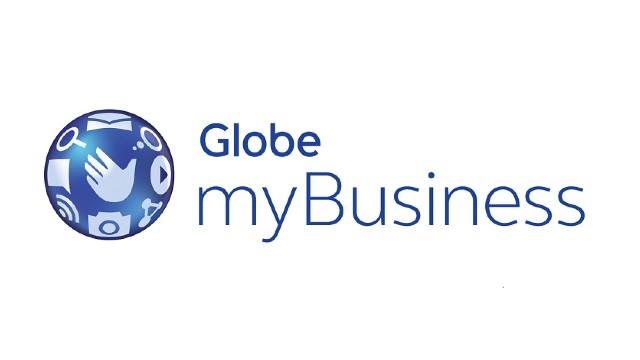


![[Time Trowel] Evolution and the sneakiness of COVID](https://www.rappler.com/tachyon/2024/02/tl-evolution-covid.jpg?resize=257%2C257&crop=455px%2C0px%2C1080px%2C1080px)


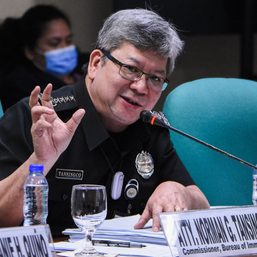

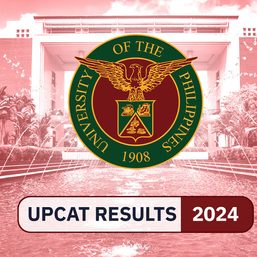
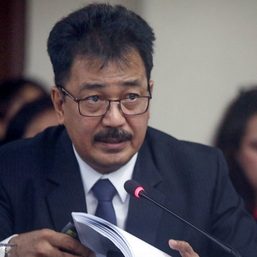
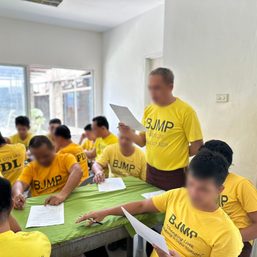
There are no comments yet. Add your comment to start the conversation.